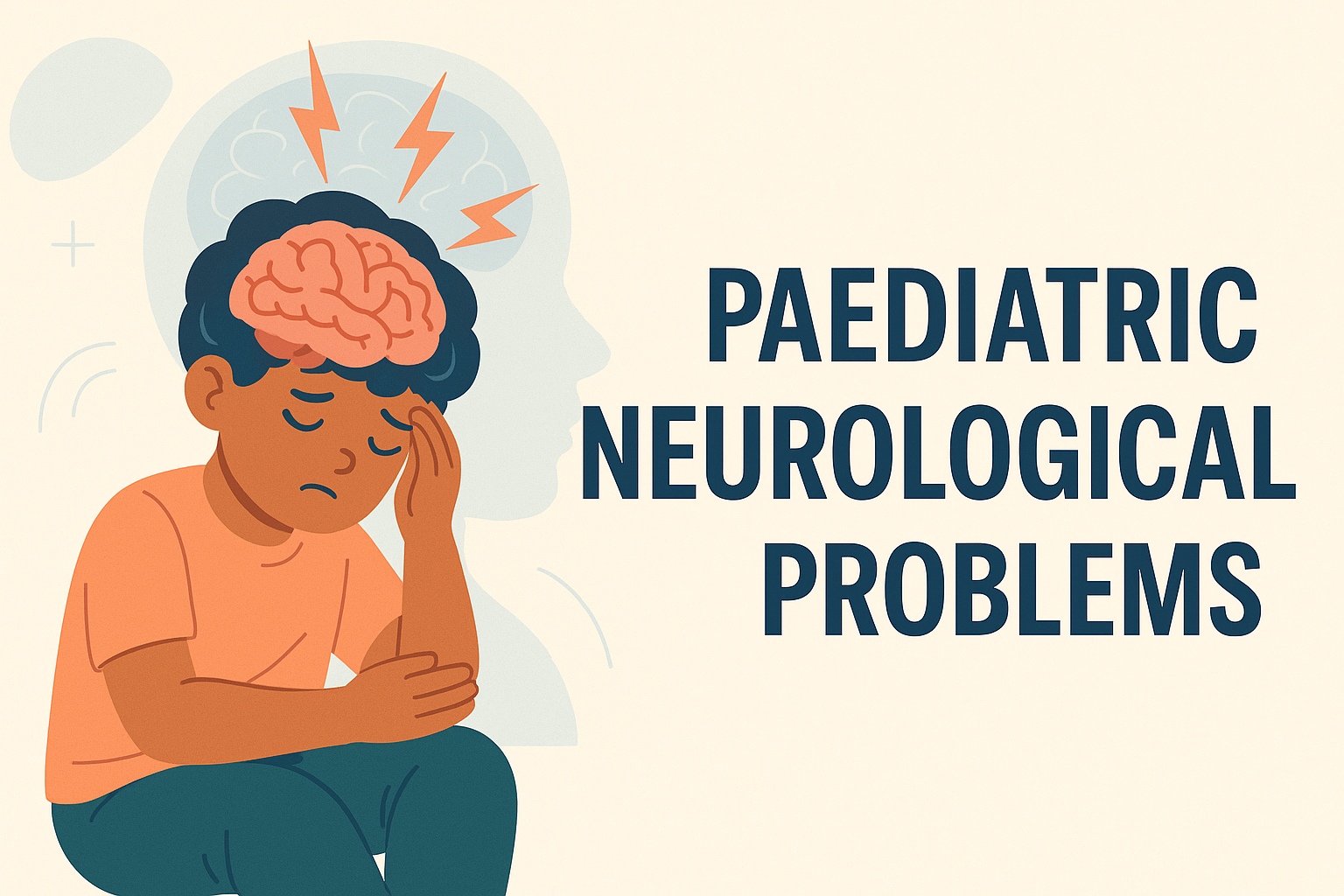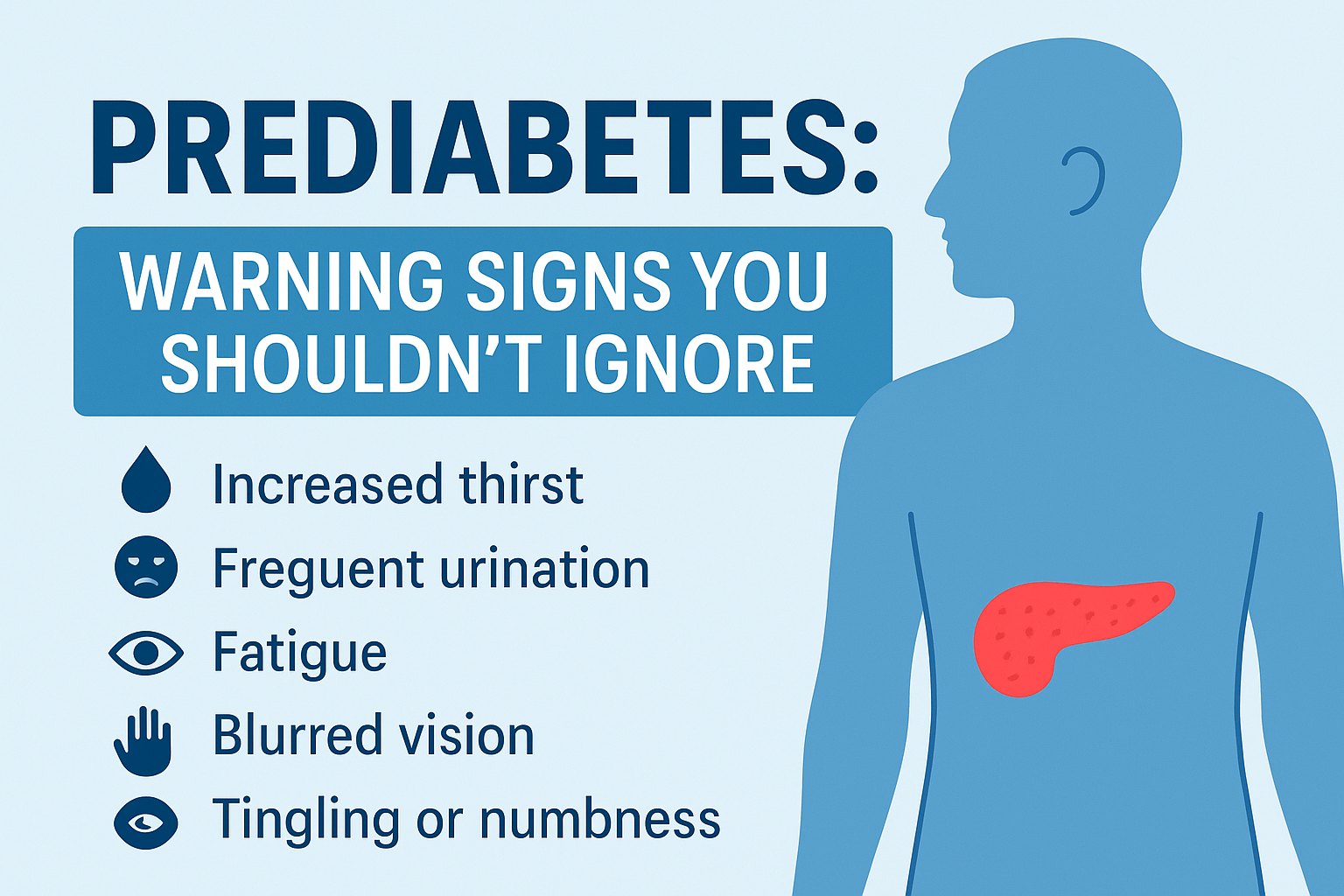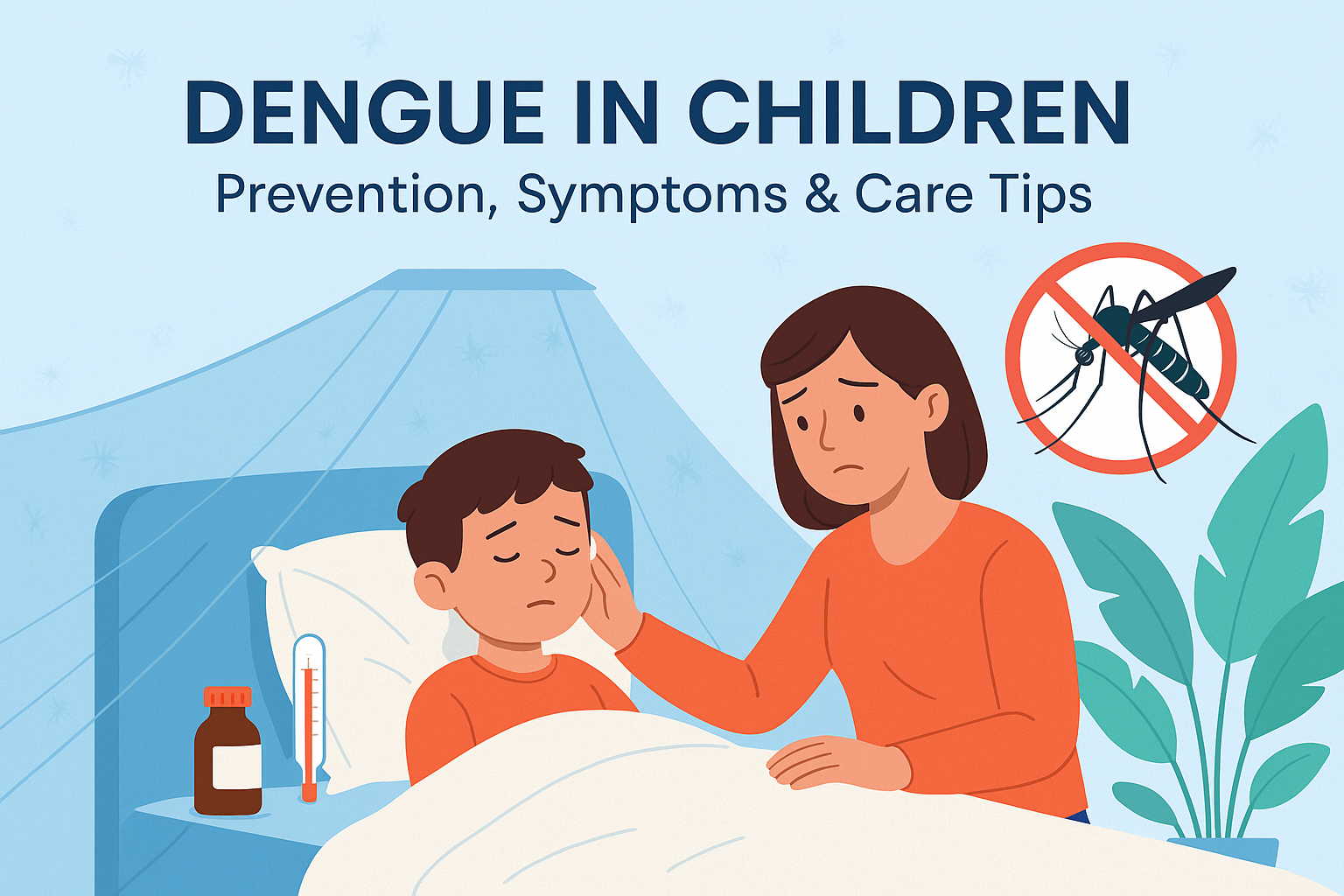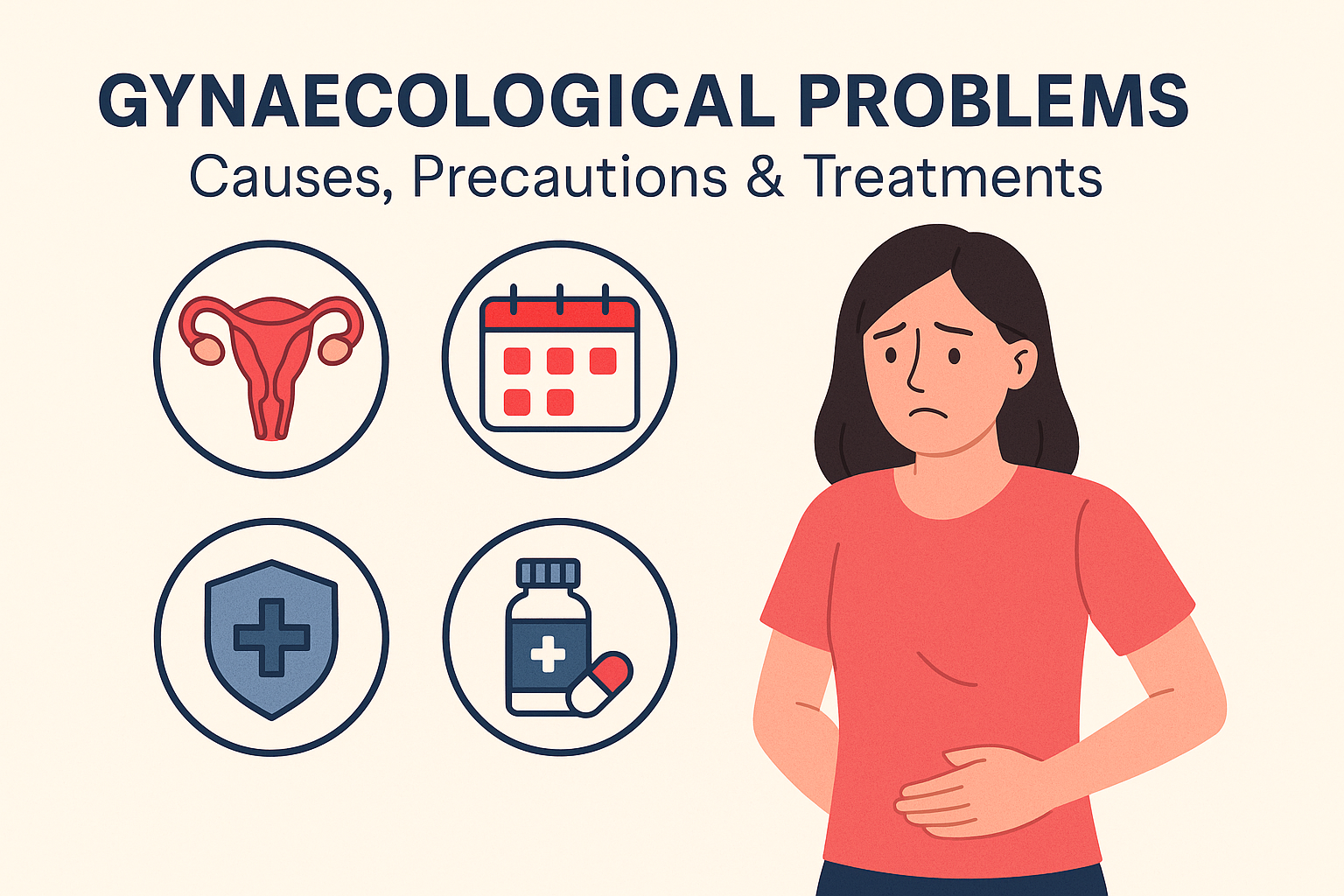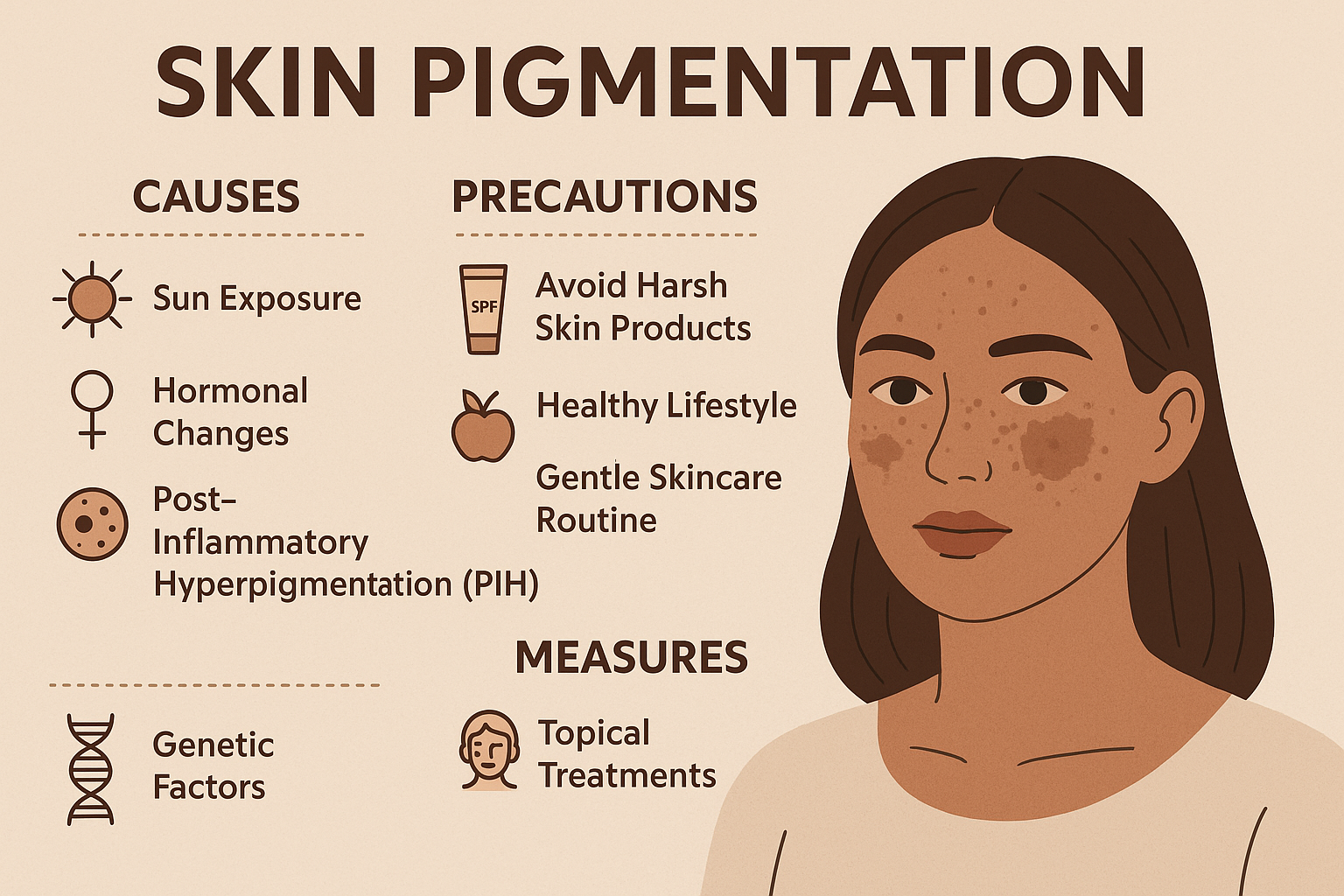Paediatric neurological disorders encompass a wide range of conditions that affect a child’s brain, spinal cord, nerves, and muscles. These disorders can significantly impact a child’s development, behavior, learning ability, and overall quality of life. Early diagnosis and timely intervention are crucial to managing these conditions effectively and helping children lead fuller lives.
Common Paediatric Neurological Problems
Some of the most common neurological disorders in children include epilepsy, cerebral palsy, developmental delays, autism spectrum disorders, and muscular dystrophy. These conditions can present with symptoms such as seizures, poor motor coordination, speech difficulties, learning disabilities, or behavioral challenges.
Each child’s condition is unique and may range from mild to severe. For instance, epilepsy is characterized by recurring seizures and can impact cognitive function if not properly managed. Cerebral palsy may cause motor impairments and muscle stiffness, affecting a child’s mobility and independence.
How Neurological Disorders Affect Children
Neurological issues can affect multiple aspects of a child’s development:
- Cognitive Impact: Learning disabilities or memory issues.
- Motor Skills: Delayed milestones such as walking or crawling.
- Speech and Language: Difficulty in communication.
- Social and Emotional Health: Challenges in interacting with peers, leading to isolation or anxiety.
Such problems can also have a psychological effect, impacting self-esteem and confidence, especially if not addressed with adequate support.
Precautions and Early Signs to Watch
Early identification is key to effective treatment. Parents should look out for signs like delayed developmental milestones, frequent headaches, unsteady movements, or unusual behavior patterns. Seizures, persistent muscle weakness, and lack of eye contact can also be warning signs of a neurological issue.
Regular pediatric checkups, especially in the first few years of life, help track developmental milestones and identify any red flags early.
Measures and Supportive Care
Treatment for paediatric neurological disorders often involves a multidisciplinary approach including pediatric neurologists, physical therapists, occupational therapists, and speech therapists. Some essential measures include:
- Timely Medical Intervention: Medication, surgery (if needed), or other neurological treatments.
- Therapy: Regular sessions for physical, speech, or occupational therapy.
- Special Education Plans: Tailored educational support in school settings.
- Parental Support: Emotional and psychological counseling for parents and caregivers.
Conclusion
Paediatric neurological problems, though challenging, can be managed effectively with early diagnosis, personalized care, and continuous support. Raising awareness and encouraging timely medical consultation are vital steps toward ensuring every child’s potential is nurtured, regardless of neurological differences.
For more info follow our Youtube channel – Subscribe

